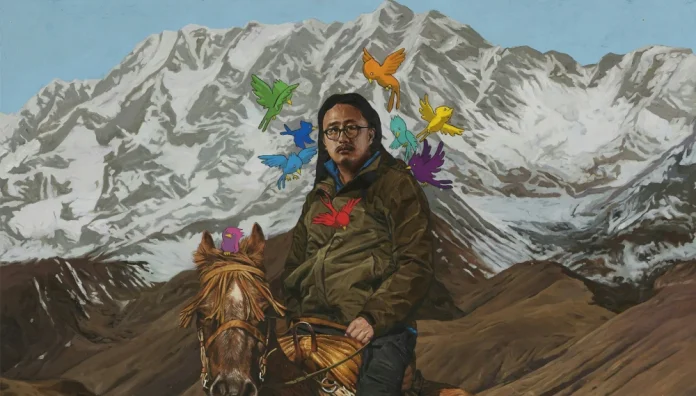Uganda is witnessing a renewed wave of political suppression as the government intensifies its use of military courts to try civilians, particularly opposition figures and activists. The move has drawn widespread criticism from political observers and rights advocates, who say the trend threatens the nation’s constitutional order and democratic foundations.
The latest escalation comes despite a January 2025 ruling from Uganda’s Supreme Court that declared the trial of civilians in military tribunals unconstitutional. The court affirmed that military courts were established for matters concerning national defense and members of the armed forces, not civilians engaged in political or civil discourse. Nevertheless, the government has continued to push ahead, citing what it calls “extraordinary national security concerns.”
This legal defiance has had very real consequences for political opponents of President Yoweri Museveni, who has ruled Uganda since 1986. Over the past year, several high-profile opposition leaders have been detained and tried before military tribunals. Among them is veteran opposition leader Kizza Besigye, who has been arrested numerous times over the last two decades for organizing protests and criticizing government policy. His most recent arrest and trial by a military court sparked national outrage and prompted him to go on a hunger strike in protest.
After weeks of public pressure, Besigye was eventually transferred to a civilian court, but many others remain under military detention. Among them are student activists, journalists, and local political organizers—many of whom face vague charges such as inciting violence or endangering state security. Legal experts argue that these charges are being used to silence voices of dissent in the run-up to the 2026 general elections.
Adding to the controversy, the Museveni administration is drafting legislation that would formally authorize military courts to try civilians under what it terms “exceptional circumstances.” Government officials argue that Uganda’s civilian judicial system is slow and overburdened, and that national stability demands faster, more efficient legal mechanisms. Critics, however, view this as an effort to circumvent due process and eliminate opposition through intimidation.
The political climate in Uganda has grown increasingly tense, with fears that the upcoming elections will be neither free nor fair. Opposition parties complain of limited access to the media, harassment by security forces, and an uneven playing field. The use of military tribunals is seen as a particularly egregious form of legal overreach that reinforces a climate of fear.
While the government insists that it is operating within the law, many Ugandans are skeptical. The memory of past crackdowns—often marked by violence, arrests, and restrictions on assembly—remains fresh. In neighborhoods known for supporting opposition candidates, there have been increased security patrols and reports of unlawful arrests. Political rallies are frequently disrupted, and opposition leaders complain that they are under constant surveillance.
The broader implications of this judicial crackdown are significant. By allowing military courts to dominate the prosecution of civilians, the government is blurring the lines between military authority and civilian governance. Such actions risk eroding the separation of powers and may discourage civic engagement and political participation. They also raise concerns about the independence of Uganda’s judiciary, which is increasingly seen as vulnerable to executive pressure.
Despite the risks, opposition leaders remain defiant. They argue that the government’s tactics are evidence of weakness and fear, and they continue to call for unity among Ugandans who support democracy, transparency, and constitutional governance.
As Uganda approaches the 2026 general elections, the battle between entrenched power and democratic reform is set to intensify. Whether military courts will remain a central tool in the Museveni administration’s strategy—or whether public pressure will force a return to civilian rule of law—may shape the country’s political future for years to come.




